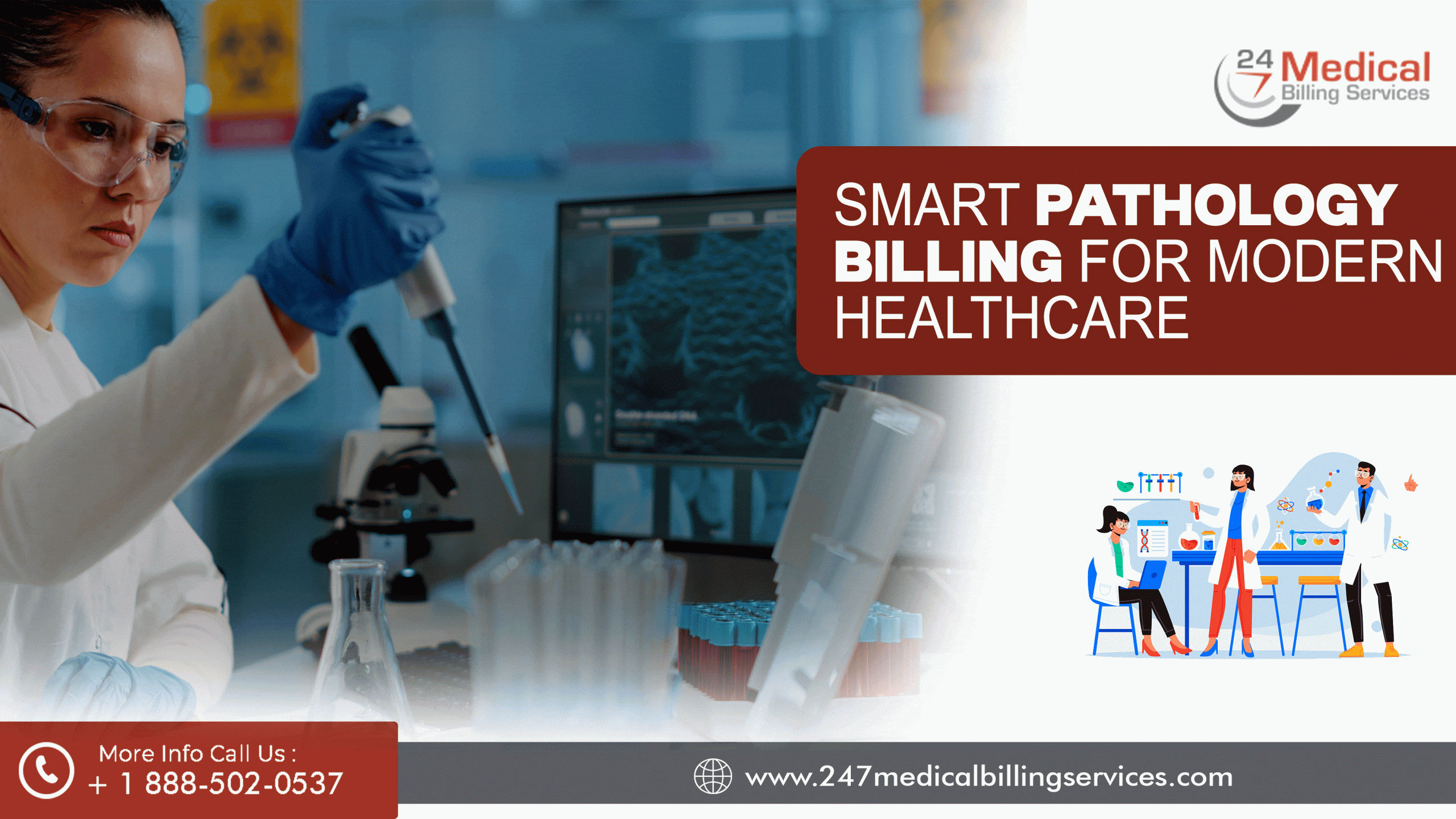
Smart Pathology Billing for Modern Healthcare
Modern healthcare, with its advancements in technology and increasing complexity of services, necessitates an equally advanced approach to financial management, especially in specialized fields like pathology. Smart pathology billing is not just a trend; it's a pivotal component in the seamless operation of healthcare facilities, ensuring that they remain financially viable while providing top-notch care. This blog post delves into the concept of smart pathology billing, its importance, and how it's shaping the future of healthcare finance.
The Essence of Smart Pathology Billing
Smart pathology billing refers to the use of advanced billing software and practices that are specifically designed to handle the intricacies of pathology services. This includes the automation of billing processes, the use of artificial intelligence for coding and claims management, and the integration of electronic health records (EHR) to ensure accuracy and efficiency.Why Billing is Crucial for Pathology?
Pathology services are critical in the diagnosis and management of diseases, yet they are often fraught with billing complexities due to the specialized nature of the tests and procedures involved. The challenges in pathology billing include:- Complex Coding: Pathology billing codes are numerous and frequently updated, making manual coding prone to errors.
- Regulatory Compliance: Staying compliant with healthcare regulations such as HIPAA and ensuring accurate reimbursement from Medicare and other insurers is a constant challenge.
- Revenue Leakage: Inefficient billing processes can lead to revenue leakage, where services are either not billed accurately or claims are denied due to errors.
Advantages of Smart Pathology Billing
- Increased Accuracy: Leveraging advanced software minimizes human error in coding and billing, leading to more accurate claims submissions.
- Enhanced Efficiency: Automation speeds up the billing cycle, from patient registration to final billing, allowing for quicker reimbursements.
- Improved Compliance: Smart billing systems are designed to stay up-to-date with regulatory changes, ensuring compliance and reducing the risk of audits and penalties.
- Data Analytics and Reporting: Advanced billing solutions provide valuable insights into financial operations, helping pathology practices to make informed decisions and improve financial health.
Implementing Pathology Billing Solutions
The transition to billing for smart pathology involves several steps, including:- Choosing the Right Software: It's essential to select billing software that is tailored to the specific needs of pathology practices, with features such as automated coding, claim scrubbing, and compliance monitoring.
- Training and Support: Ensuring that staff are adequately trained on the new system and have ongoing support is crucial for a smooth transition.
- Integration with EHR: Seamless integration with electronic health records is necessary for accurate and efficient medical billing processes.

.png)